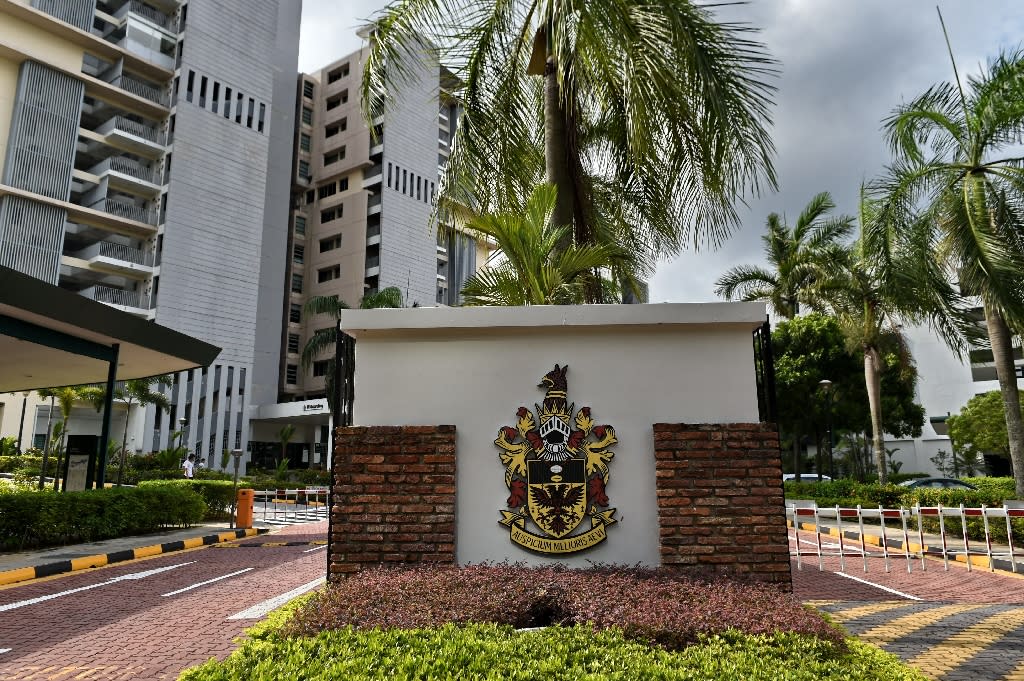MOE to work with 'popular schools' to ensure they don't become 'closed circles': PM Lee

The Ministry of Education (MOE) will work with Raffles Institution (RI) and other “popular schools” to ensure they do not become “self-perpetuating closed circles”, Prime Minister Lee Hsien Loong said in Parliament on Wednesday (16 May).
Recounting an anecdote that Education Minister Ong Ye Kung recently shared with him, Lee said that RI’s historically strong tradition of accepting students from diverse backgrounds has eroded in “recent years”.
The PM noted that during the RI principal’s visits to different primary schools, some parents told the principal that they were not keen on having their children apply to the school – not because their children could not make the cut, but out of fear that they would not fit in with the well-off students there.
While he noted that such fears are “unfounded” – citing the availability of bursaries and subsidies and the fact that RI students do come from “varied backgrounds” – he added that the existence of such perceptions is “not good” for both the school and Singapore if it prevents promising students from applying to RI.
Earlier in his speech, Lee acknowledged a “further obstacle” to social mobility in Singapore: elite groups that become closed social circles, which prevent outsiders from entering.
“Every society has its elite. They occupy the key leadership positions in society, in government, in academia, in business, in professions, in politics…
“They may be alumni of the same schools, they may have done business with one other, they may have worked in the same profession,” said Lee.
While such networks are “natural structures” in society and an important part of our social capital, Lee noted that they must not close up or form glass ceilings.
“If this happens, not only will social mobility be frustrated. But soon the elite group would start to only look after only its own interests and fail in their duty to lead and care for the rest of society and that would be disastrous for Singapore,” said the 66-year-old premier.
Lee also stressed that while the Singapore government is “doing many things to improve social mobility”, there are no easy solutions and “no magic bullets”.
The most successful models for social mobility, he said, are perhaps “the Scandinavian countries… but even they have seen social inequality”.
Lee noted that Singapore’s strategy has been “more successful than most” when it came to universal education and home ownership.
“We’ve made meritocracy work… (but) we must work harder to keep the pathways (for social mobility) open,” he said, adding that, “In the end, the government must focus on practical, effective policies.”
Related stories:
New leader to ‘certainly’ emerge before next General Election: PM Lee Hsien Loong



